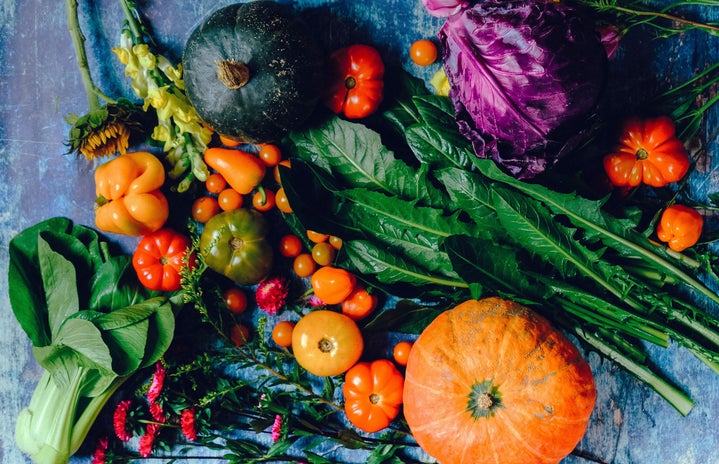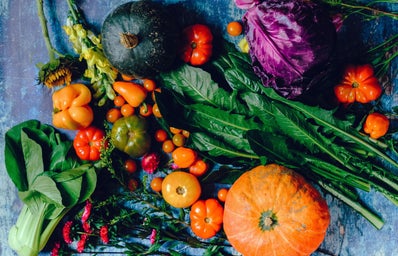At 11:10 am, on March 9th of 2020, COLA protesters “liberated” Ortega Dining Commons at UCSB. In what may or may not have been a PR stunt to garner undergraduate support, the striking grad students occupied Ortega and blocked the card swiping mechanism, encouraging students to enter and eat at the dining common without using one of their meal swipes. COLA members stated that they were targeting the dining commons to highlight the problem of food insecurity that affects more than 40% of undergrad students.
Whether or not you support the COLA movement, the protesters today did make a good point: food insecurity at college campuses, especially UCSB, is a massive problem. While the COLA protesters (in conjunction with the overworked, underpaid dining commons staff members) provided a free meal today, occupying the dining commons every single day is not a viable option. Instead, there are multiple on and off-campus resources that students, TAs, and faculty aike can access to help ease their nutritional burden.
First, what exactly is food insecurity? Food insecurity is defined as, “the state of being without reliable access to a sufficient quantity of affordable, nutritious food.” For college students, food insecurity can manifest in quiet, insinuous ways. You don’t have to be going hungry every night to experience food insecurity. Relying on cheap, non-nutritious foods such as Top Ramen or EasyMac, or being unable to access fresh fruits and vegetables are both examples of food insecurity.
Critics and naysayers of college food security may argue that eating cheap, sodium filled, bad for you food is a part of the quintessential college experience. However, the long-term ramifications of food insecurity are both physically and mentally damaging. According to Feeding America, chronic illnesses such as diabetes and high-blood pressure are explicitly linked to food insecurity. Food insecurity is also linked to obesity, because nutritious food such as fruit, vegetables, and whole grains are far more expensive than cheap, caloric dense foods.
While we must recognize that institutional changes across the board are needed to combat food insecurity, there are resources that UCSB students can access now to help alleviate the financial burden of buying food.
-
SNAP/Calfresh
What is it?
Federally mandated and state supervised nutritionally stipend(s) for Californians. College students can qualify for over $100 in nutritional aid, loaded onto a secure, swipeable card.
Where do you apply?
The Food Security & Basic Needs Advising Center, across from the UCen Bookstore, where UCSB Calfresh Advocates help you through the process without judgement.
A comprehensive sheet of information is available on their website, which includes eligibility information.
What is it?
The food bank is operated and staffed by students, open to anyone of any income level. There are no requirements for the food bank, besides bringing in your access card! The food bank includes access to both food and toiletries such as sanitary products for menstruation and toilet paper.
Where is it?
The food bank is located on the 2nd floor of UCEN, near the Subway. The operating hours are M-Th: 9:30 am – 6 pm, and F: 9:30 am – 4 pm.
What is it?
The I.V Food Co-op is a “…community-owned grocery store…” with “…access to high quality and affordable food.” The Co-op is one of the only stores in UCSB or Isla Vista that both sells fruits and vegetables and accepts Calfresh! The Co-op is open to anyone and everyone, and sells high quality food for all diets, including vegans and vegetarians.
Where is it?
Address: 6575 Seville Rd, Isla Vista
Hours: Monday to Sunday, 8 am to 10 pm
Phone: (805) 968-1401
-
Other Resources!
-
An exhaustive list of free community meals can be found here, and require no specific eligibility criteria!
-
Here is a list of stores in the Isla Vista/ UCSB/Goleta area that accept Calfresh. Most recently, The Arbor began accepting Calfresh for in store purchases.
It would be unfair of me not to acknowledge the stigma that comes with accessing resources to alleviate food insecurity. But through open, respectful dialogue about the challenges that college students face financially, we can help change the rhetoric around public assistance. You deserve healthy, nutritious food, regardless of your financial means.



